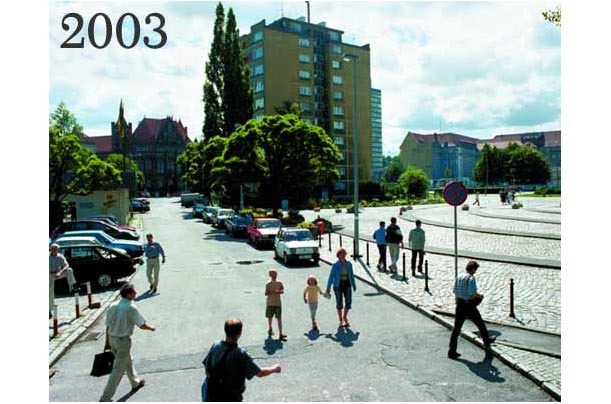
Gdansk Shipyard: Communism in Poland was brought to an end with the election of Lech Walesa in 1990, who sought to bring democracy to the country
In the summer of 1980, the Gdansk shipyard became the focus of nationwide strikes in Poland, forcing the communist government to concede to worker demands for the right to form an independent trade union. Solidarity, with Lech Walesa as its chairman, was born. But in December 1981, under pressure from Moscow, Polish leader General Wojciech Jaruzelski imposed martial law, suspended Solidarity, arrested most of its leaders and interned Walesa in a remote country house. Released 11 months later, Walesa continued to oppose the regime but was protected by international attention and a Nobel Peace Prize, awarded in 1983. In 1989, talks between Walesa, Solidarity and the Jaruzelski regime marked the beginning of the end of communism in Poland. In December 1990, Walesa was elected President of Poland and served one five-year term in office. Party divisions and what others called Walesa's dictatorial style brought about his defeat in the 1995 elections.